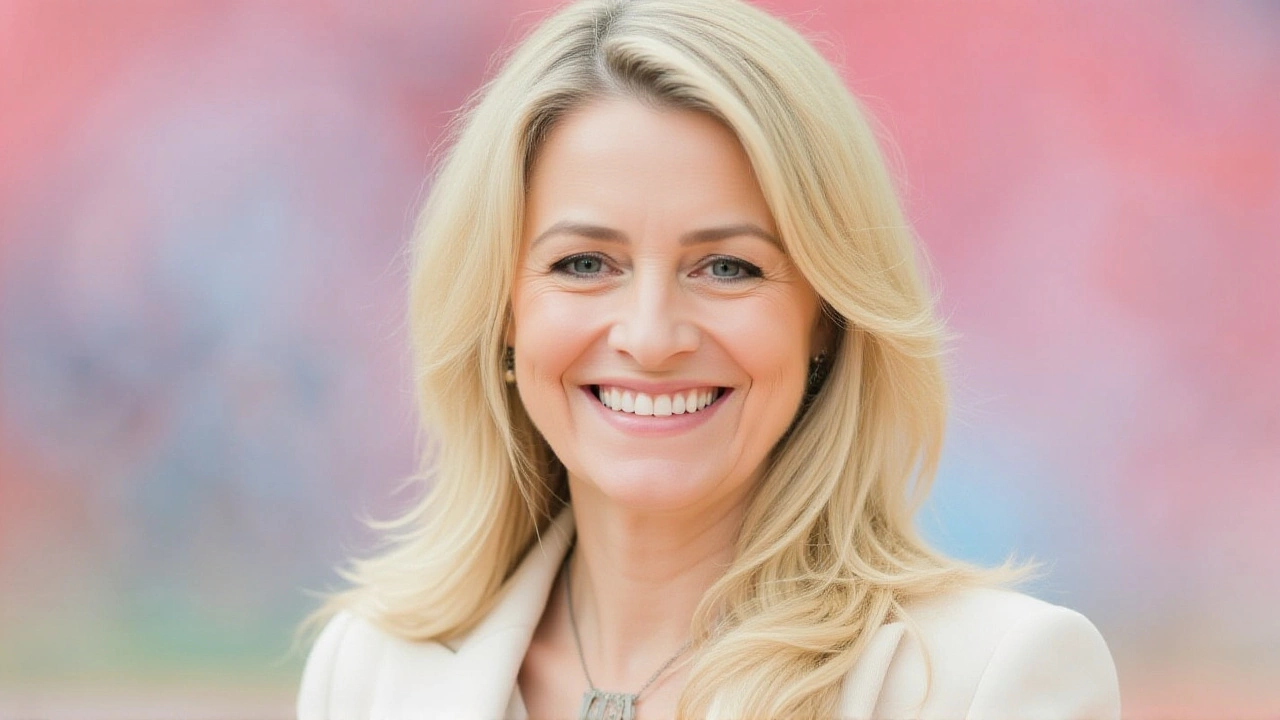First Wave of Abuse: The 2018 Instagram Attack
When Karen Carney scored the decisive goal for Chelsea in a Champions League win over Fiorentina in October 2018, she should have been celebrating a career highlight. Instead, she opened her Instagram to a flood of messages that went beyond criticism and entered the realm of threats. The comments ranged from death threats to explicit rape threats and even threats of cancer, creating a digital onslaught that left her visibly shaken.
Carney’s own account described the experience as "abhorrent and totally unacceptable," a sentiment echoed by Chelsea FC, which publicly condemned the abuse. The club’s swift response highlighted how rare it is for professional football organisations to label online harassment as a serious issue, especially when the target is a female player.
Emma Hayes, then‑manager of Chelsea, played a pivotal role in Carney’s early recovery. Noticing that the midfielder was "not really right in training," Hayes arranged for support and ensured Carney had access to mental‑health resources. This intervention, Carney says, prevented the situation from spiralling further and gave her the space to seek professional help.
- Death threats
- Rape threats
- Cancer threats
- Harassment of a personal nature
The incident served as an early warning sign of how quickly hate can amplify in a sport that already battles gender bias. It also set a precedent for Carney: the need to protect herself from a digital environment that could be as hostile as any stadium.

Pandemic Backlash: The Leeds United Promotion Comment
Fast forward to 2020, during the height of the COVID‑19 pandemic. Carney, now a football analyst for Amazon Prime, made an off‑hand remark while covering a Premier League match between Leeds United and West Bromwich Albion. She suggested that Leeds’ promotion from the Championship the previous season had been helped by the pandemic break, describing it as a "respite" that gave the club an advantage.
Leeds United’s official Twitter account, which boasts more than 600,000 followers, seized on the comment. It posted a video clip of Carney’s statement with the caption: "Promoted because of Covid. Won the League by 10 points. Hi @primevideosport." The tweet instantly turned Carney into a target for a coordinated wave of abuse that spanned Twitter, Instagram and other platforms.
The backlash was swift and brutal. Within hours, Carney’s notifications were flooded with vitriolic replies, personal attacks and threats reminiscent of the 2018 incident, only now magnified by the club’s own platform. Even the club’s owner, Andrew Radrizzani, initially defended the tweet, a stance that drew criticism from former players like Rio Ferdinand and advocacy groups such as Women in Football.
International stars entered the fray as well. US forward Megan Rapinoe tweeted in defense of Carney, calling her a "national treasure" and condemning the abuse as shameful. Despite the outpouring of support, the damage was done. Carney deleted her Twitter account after just three days, citing the mental toll of the sustained harassment.
Leeds United eventually released a statement that condemned the abuse and praised Carney’s media work, but it fell short of an apology for the club’s role in amplifying the attack. Carney herself described the period as "a very, very dark and scary place," noting that the isolation imposed by lockdown made it impossible to lean on friends and family in real time.
She sought professional counseling to cope with the trauma, a step that underscores how online hostility can cross the line into real‑world mental‑health crises. Carney’s experience is not an isolated case; research on gendered harassment in sport shows a pattern where initial comments are amplified by official accounts, creating an "abusive echo chamber" that fuels further vitriol.
Experts point out that women in sport are disproportionately targeted because their visibility challenges longstanding gender norms. When a prominent figure like Carney speaks—whether about tactics, promotions, or any other topic—her remarks are often weaponised by a segment of the online audience that feels threatened by a woman occupying the analytical space traditionally reserved for men.
The two incidents, though years apart, reveal a common thread: the lack of robust mechanisms within clubs and broadcasting organisations to protect staff from digital abuse. While Chelsea’s response in 2018 provided immediate support, Leeds United’s initial defence of the tweet illustrates a gap in policy that allows club‑run accounts to inadvertently become megaphones for harassment.
Carney’s story also highlights the personal cost of such abuse. Beyond the public statements and media coverage, there are private battles—counselling sessions, sleepless nights, and a palpable sense of vulnerability that can linger long after the headlines fade. Her decision to step away from Twitter, a platform that once amplified her voice, signals a broader issue: many athletes and pundits are forced to silence themselves to protect their mental health.
As the conversation around online safety evolves, Carney’s experience serves as a reminder that clubs, leagues and platforms must take real responsibility. Measures such as rapid takedown of abusive content, clear reporting pathways, and mental‑health support for targeted individuals are essential steps toward curbing the cycle of harassment that has become all too familiar in modern sport.
